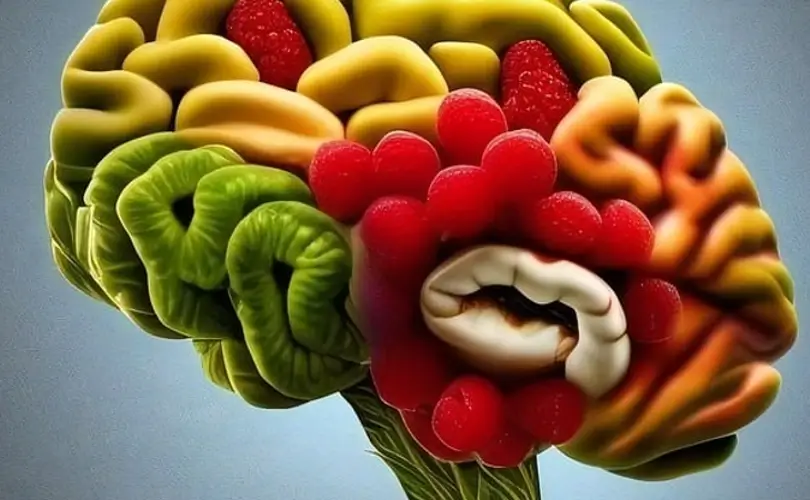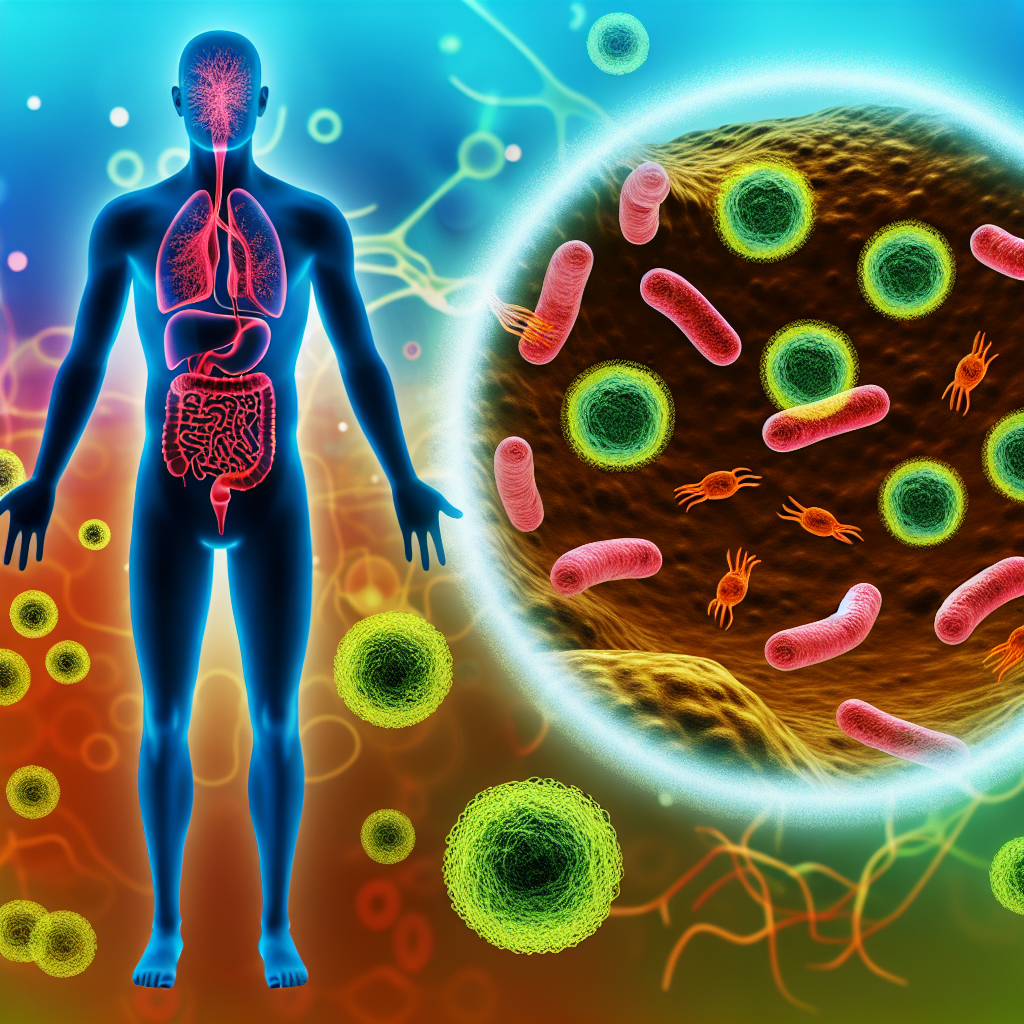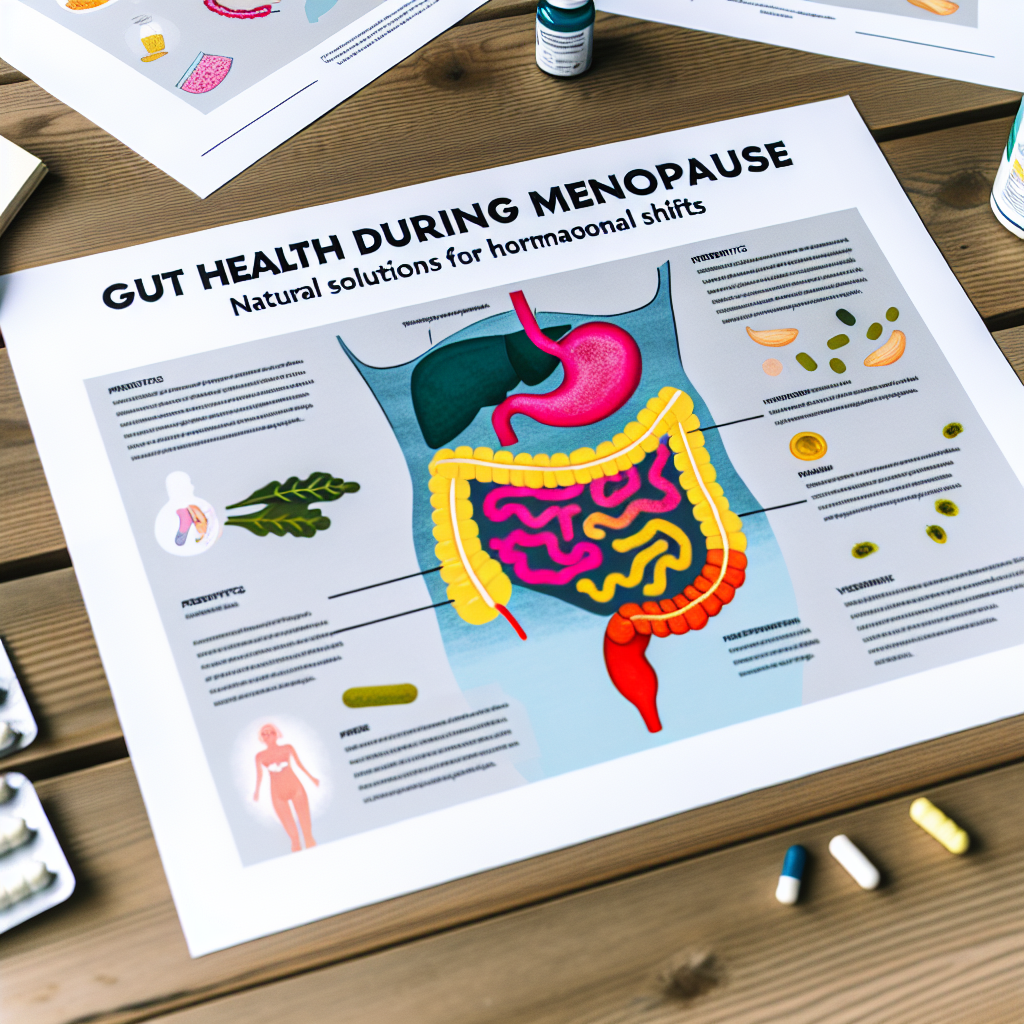The keto, or the ketogenic, is a high-fat, low-carb diet that compels the body to burn fat for energy rather than carbs. Fat burning begins by limiting carbohydrate intake to 20-50 grams per day, enough to meet the body’s basic demands but not enough to provide adequate glucose for energy. As a result, the body enters a state of ketosis, which begins to break down fat for energy and produces ketones.
Ketones are a fuel that the brain can utilize. They are more efficient than glucose at producing energy and can also help to protect the brain from damage.
Keto Diet and Brain Function
Increased ketone production: When the body is in ketosis, the liver produces ketones. They can pass the blood-brain barrier and provide an alternate fuel source for the brain. Ketosis can aid in improving cognitive function, memory, and learning. Inflammation is crucial in many brain illnesses, including Alzheimer’s and Parkinson’s. The keto diet can assist in reducing inflammation by increasing the synthesis of anti-inflammatory chemicals. Improved mitochondrial function: Mitochondria are the cells’ “powerhouses.” They generate energy for the cell to function. The keto diet can improve mitochondrial function by increasing mitochondrial production and efficiency.
BDNF a Protein
Increased BDNF production: BDNF is a protein essential for brain cell growth and maintenance. The keto diet can enhance BDNF production, contributing to better cognitive performance.
Reduced oxidative stress: Oxidative stress is a condition that begins when there is an imbalance between free radicals and antioxidants in the body. Free radicals are chemicals that can harm cells. The keto diet can help lower oxidative stress by increasing antioxidant production. The keto diet can potentially increase brain function in several ways. However, more research is needed to validate these benefits and find the best approach to follow the diet for brain health.
If you want to try the keto diet for brain health, you should first consult your doctor. They can assist you in determining whether the diet is suited for you and developing a safe and effective strategy.
Diet and Brain Health
Concentrate on high-fat foods such as meat, fish, eggs, nuts, and seeds.
Consume modest amounts of protein.
Limit your carbohydrate consumption to 20-50 grams per day.
Include plenty of leafy green veggies in your diet.
Get enough electrolytes, such as sodium, potassium, and magnesium.
Before beginning the keto diet, consult your doctor, especially if you have any medical issues.
The keto diet is a vital tool for boosting brain function. However, before beginning the regimen, conduct your homework and consult with your doctor.

Dominic E. is a passionate filmmaker navigating the exciting intersection of art and science. By day, he delves into the complexities of the human body as a full-time medical writer, meticulously translating intricate medical concepts into accessible and engaging narratives. By night, he explores the boundless realm of cinematic storytelling, crafting narratives that evoke emotion and challenge perspectives.
Film Student and Full-time Medical Writer for ContentVendor.com




